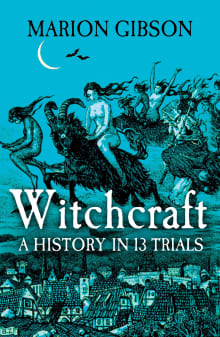
I ❤️ loved
this book because...
When a thousand-year-old fox - who can take the shape of a woman - goes on a vengeful mission to kill the man who murdered her kit, the path before her takes her instead to unexpected friends, old flames, resurging grief, and, eventually, peace. Or something like it. Yangsze Choo is an incredible world-weaver, blending east Asian folklore, fantasy, and feminist critique of both into compelling characters and swirling plots. This was one of the best books I read this year, and might be my favorite of all her books. My favorite thing about this book is how she plays with the Chinese and Japanese myths about foxes (tricksters, villains, vixens), as well as various east Asian philosophical and religious ideas. It’s a beautiful book.
-
Loved Most
🥇 Writing 🥈 Character(s) -
Writing style
❤️ Loved it -
Pace
🐕 Good, steady pace
2 authors picked The Fox Wife as one of their favorite books, and they share why you should read it.
'Vivid, enigmatic, enchanting' M. L. Rio
'Irresistible' Sunday Times
Some people think foxes go around collecting qi, or life force, but nothing could be further than the truth. We are living creatures, just like you, only usually better looking . . .
Manchuria, 1908: A young woman is found frozen in the snow.
Her death is clouded by rumours of foxes, believed to lure people into peril by transforming into beautiful women and men. Bao, a detective with a reputation for sniffing out the truth, is hired to uncover the dead woman's identity. Since childhood, Bao has been intrigued by…




